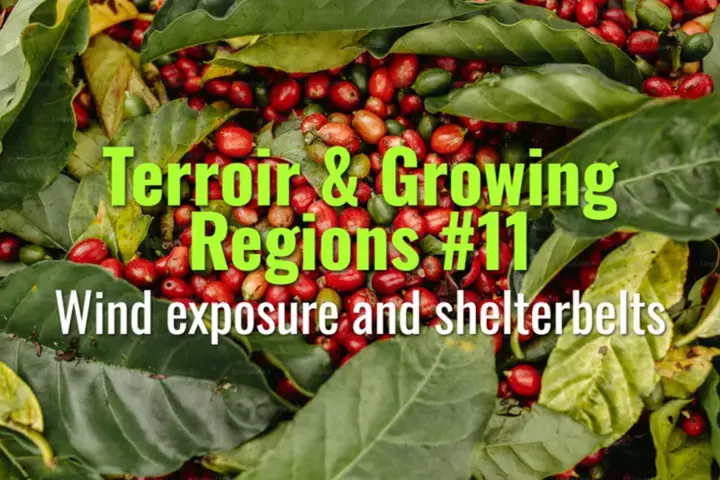
Wind exposure and shelterbelts
This topic explains how wind affects coffee plants, the risks of excessive exposure, and how shelterbelts and windbreaks are used to protect plantations and improve sustainability.

This topic explains how wind affects coffee plants, the risks of excessive exposure, and how shelterbelts and windbreaks are used to protect plantations and improve sustainability.
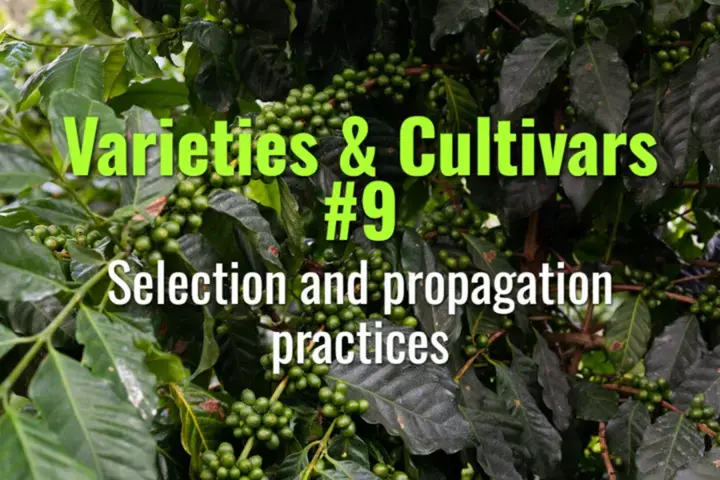
This topic explains how coffee varieties are selected and propagated, the methods used to maintain genetic integrity, and the role of nurseries and farmers in ensuring healthy plantations.
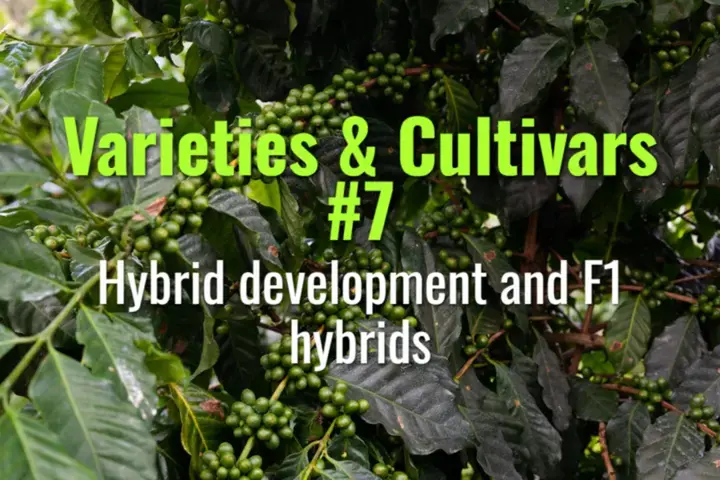
This topic explains how coffee hybrids are developed, the role of F1 hybrids in combining resilience and quality, and their significance for the future of global coffee cultivation.
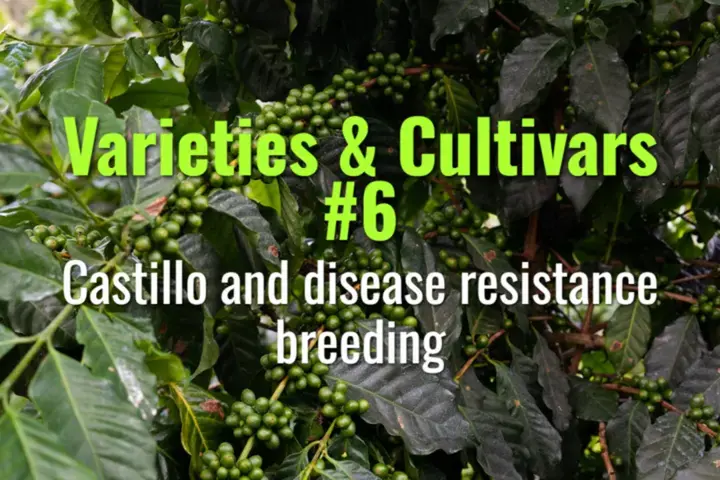
This topic explains the development of the Castillo variety in Colombia, its role in combating coffee leaf rust, and the broader importance of disease resistance breeding in coffee sustainability.
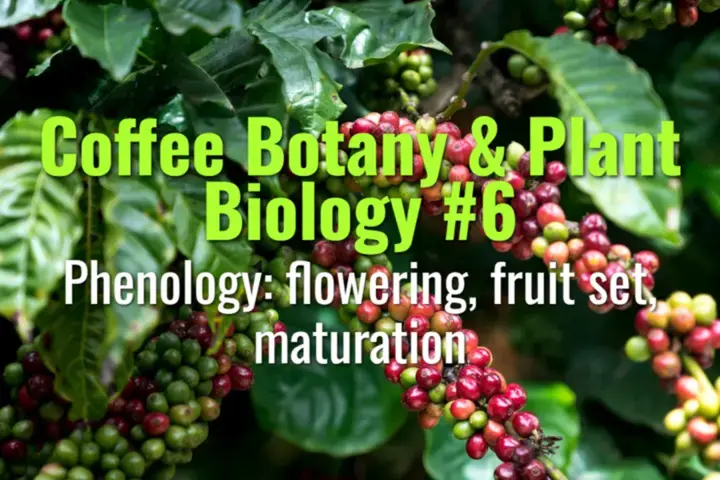
This topic explains the phenological cycle of the coffee plant—how it flowers, sets fruit, and matures—and why these stages are critical for yield, quality, and farm management.
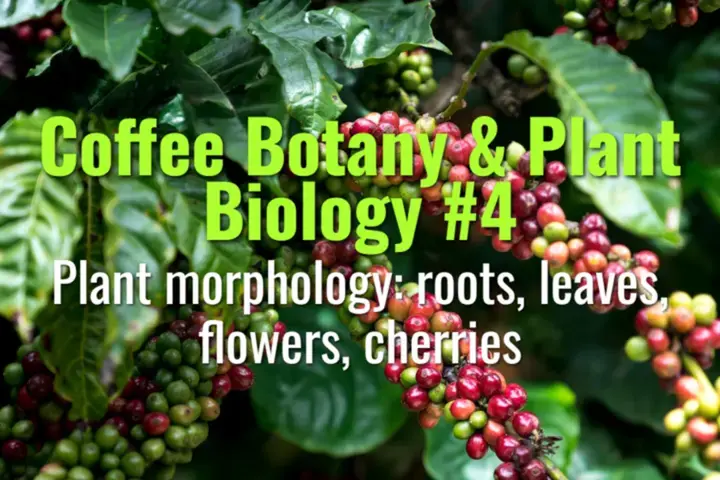
This topic introduces the main structural features of the coffee plant—its roots, leaves, flowers, and cherries—and explains their roles in growth, reproduction, and quality of the final cup.